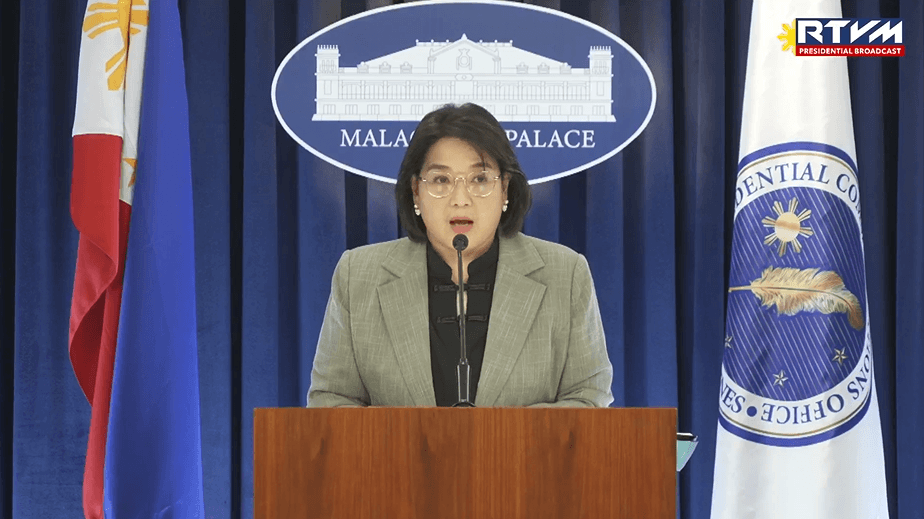Palace exec calls for law vs troll armies, online disinformation
At A Glance
- According to Castro, trolls do not engage in free speech but are paid to spread false narratives dictated by their financiers.
Palace Press Officer and Communications Undersecretary Claire Castro called on Congress to pass a law targeting so-called troll armies, arguing that their activities should be considered a criminal act.

Castro said this amid the spread of false narratives online during this year’s campaign season.
In an interview over State-run PTV-4, the Palace official compared troll operations to organized crime, saying they should not be protected under the constitutionally guaranteed right to free speech.
A troll army is a coordinated group of individuals who intentionally provoke, annoy, or harass others online by posting inflammatory, off-topic, or offensive content. They often aim to disrupt conversations or elicit emotional reactions for their own amusement or to push an agenda.
“Kinakailangan talaga na magkaroon ng batas patungkol sa mga troll army, dapat mayroon na itong penalty (There really needs to be a law against troll armies, and there should be penalties),” she said.
"Para na itong isang sindikato, dapat itong may penalty (This is like a syndicate, and it should have penalties)," she added, noting that while cyber libel laws exist, there are currently no legal provisions penalizing individuals proven to be part of a troll army.
According to Castro, trolls do not engage in free speech but are paid to spread false narratives dictated by their financiers.
"Ang problema kasi natin ngayon siguro ay maraming kumikita sa paglalahad ng fake news para maipabagsak ang sinumang tao (The problem we have now is that many people are making money from spreading fake news to bring someone down)," she said.
"Hindi na ito matatawag na freedom of expression kasi troll na sila, may troll army (This can no longer be called freedom of expression because they are trolls; there is a troll army)," she added.
"Iyon ang pinakamatindi nating kalaban ngayon; dapat iyan ay mapuksa (That is our biggest enemy now that must be eradicated)," she continued.
Regulating content creators
Beyond troll armies, Castro suggested that social media influencers and online content creators be regulated, noting that troll armies and disinformation networks are particularly alive during the election period.
"May mga pagkakataon naman talaga iyong tao, gusto lang magsalita, ito iyong kaniyang opinion, kritiko siya ng pamahalaan – okay lang iyon (There are times when a person just wants to speak, that is their opinion, they are a government critic – that is okay)," she said.
"Kahit isang grupo kayo diyan, basta katotohanan, kunwari, ini-lift ninyo iyong tao ninyo, iyong inyong kandidato nang nasa tamang fact, iyong totoo ang mga kinukuwento ninyo – walang problema doon (Even if you are a group, as long as it’s the truth, if you are lifting up your candidate based on correct facts, if what you are saying is true – there is no problem with that)," she added.
However, Castro condemned organized efforts to fabricate stories to destroy a person's reputation.
"Kung kayo ay maggugrupo para gumawa ng maling kuwento at magpabagsak ng isang tao, mali iyon (But if you are a group creating false stories to bring someone down, that is wrong)," she said.